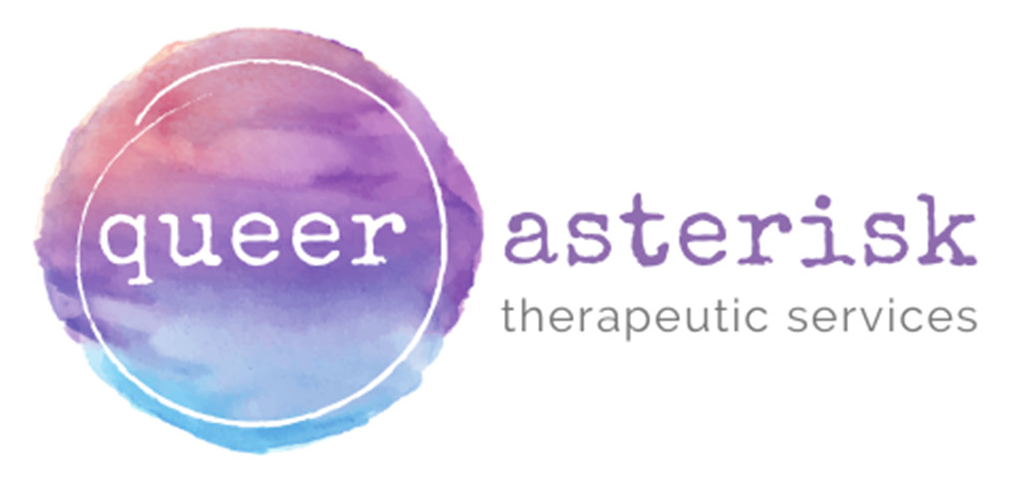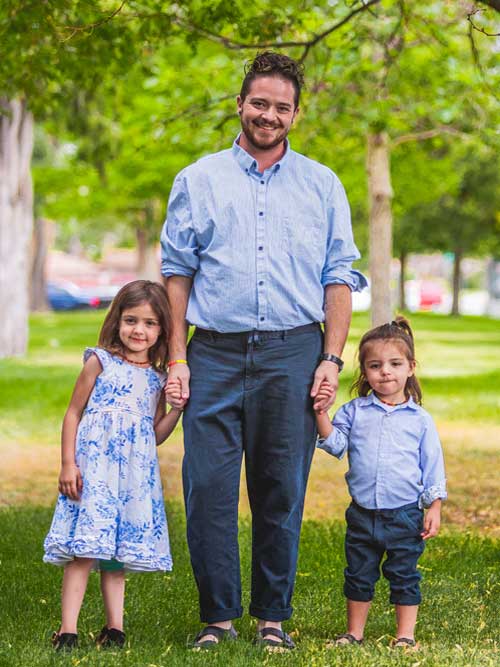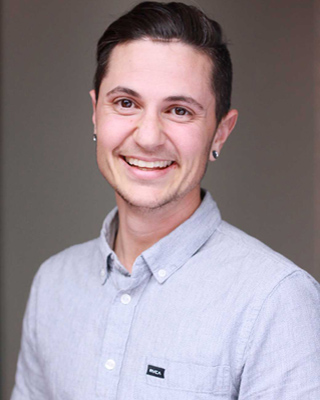frequently asked questions
We do accept Medicaid, though we have limited availability.
Yes, we do accept Medicare.
We do not offer 24/7 crisis support. We recommend Colorado Crisis Services for 24/7 walk-in, call, or text support.
Our services are delivered exclusively via telehealth at this time. While counseling services are only available to Colorado residents, our community programming is open to all. For more details, please visit https://queerasterisk.com/services/community-programs/.
All of your intersecting identities are welcome! We do our best to be inclusive and we do not always get it right. If you have specific concerns, please contact us.
You are enough!
Believe it or not, almost all of our community members have asked themselves the question “am I queer enough?” at some point in time.
Some of us have never been fully comfortable in queer spaces, and others have been led to believe later on in our journey that we were no longer “the right kind of queer”.
Maybe you have been made to feel that your full self is unworthy of love by your families, friends, or communities; and maybe you have experienced discrimination from LGBT communities.
Maybe you have also experienced oppression due to racism, colonialism, ableism, sanism, classism, ageism, religious discrimination, or another identity that is socially marginalized.
Feeling like you are not enough can be isolating.
Systems of heteronormative power tell queer people that there are only a few ways to be acceptably queer, and even those expectations are often incredibly restrictive.
At Queer Asterisk, we are committed to holding the complexity of queerness as a term and identity that requires conversation to define. We know queer can mean many different things, and can be claimed in many different ways.
The queer spaces we co-create are places where we can exist as our full self; places where we can claim and release identities until we find what most feels like home.
We invite you to arrive as you are to our programs. We want you to connect with people who feel similarly to you, and to people who feel differently from you. For us, “queer” means permission to be uncertain, freedom to transform, a community rooted in celebration of uniqueness, and so much more.
We provide counseling, mentorship, and community to anyone interested in personal and collective liberation. We value everyone’s contributions.
Thanks for asking! There are so many ways to contribute. Use our services! Donate! Like us on social media: Facebook and Instagram! Share your passion and ideas! Join our team!
If someone you love is trans, listen to what they share about their evolving identity with you. Remember they are in a vulnerable process and remind yourself all identities are valid. It is essential for them to know they are loved, respected, and supported along the way.
We recognize that it can be a big adjustment to learn new language and ways of thinking, to validate and celebrate someone you care about. We recommend that family and loved ones of queer, transgender, and gender nonconforming people receive their own support and counseling. If you have fears or confusion about certain identities, it can be helpful to connect with others who have experience with a loved one transitioning, and to read educational materials designed to support you. Visit our community resources page for more information.
Being in a partnership with a trans person may cause you to question your own orientation, and may spark a self-exploration process for you. Share your feelings and experiences with people who are available to hear you. Understand that your trans partner may be feeling similarly to you (afraid, misunderstood, angry, excited, hopeful, hopeless, joyful, uncomfortable…). Connecting honestly about your feelings can lead to more closeness in your relationship.





